In the sanctum of personal and professional spaces, the desk stands as a testament to the evolution of work, creativity, and personal identity. Far beyond a mere surface for writing and computing, desks have become symbols of status, style, and the shifting paradigms of productivity. This narrative delves into the essence of desks, exploring their journey from utilitarian objects to centerpieces of design and innovation, embodying our relationship with work, creativity, and technology.
The Genesis of Desks: A Historical Perspective
Tracing its lineage back to the times of ancient civilizations, the desk’s initial form was born out of necessity—simple platforms for scribes to execute their work. However, as centuries rolled by, desks evolved, reflecting the cultural and technological advancements of society. The Renaissance brought about the escritoire, a precursor to the modern desk, symbolizing the era’s reverence for literature and art. By the Victorian period, desks like the Davenport and the roll-top became symbols of administrative efficiency and personal status, incorporating intricate designs and hidden compartments that mirrored the period’s complexities.
The Desk in the Modern Age: Function Meets Aesthetics
Today, the desk transcends its traditional roles, embodying the fusion of functionality and aesthetics. The modern desk is a chameleon, adapting to the diverse needs and styles of its users. From the minimalist lines of Scandinavian design to the ergonomic precision of standing desks, the contemporary desk is both a workspace and a piece of art. Materials play a pivotal role in this evolution, with sustainable wood, industrial metal, and even recycled materials showcasing the desk as both an object of utility and environmental consciousness.
The Personalization of Productivity
In our current era, the desk has become a deeply personal space—a reflection of individuality and creativity. It is the stage on which the drama of daily work unfolds, equipped with the tools of our trades: computers, notebooks, and the countless personal items that inspire and motivate us. The customization of the desk space, with personal mementos, plants, and art, speaks to our desire to create a work environment that is not only functional but also emotionally and aesthetically pleasing.
The Desk as a Technological Hub
As technology continues to shape our lives, desks have adapted to become the epicenters of our digital worlds. Integrated technology desks, with built-in charging stations, Bluetooth connectivity, and adjustable lighting, are transforming the way we interact with our workspaces. These innovations reflect a broader trend towards creating environments that enhance productivity, comfort, and well-being, acknowledging that the quality of our work is intrinsically linked to the quality of our surroundings.
The Future of Desks: Flexibility and Sustainability
Looking forward, the future of desks lies in their ability to adapt to the changing landscapes of work and environmental responsibility. The rise of remote work has emphasized the need for versatile desks that can fit into various spaces and serve multiple functions—transforming from workstations to dining tables with ease. Moreover, sustainability will play a crucial role in the design and production of desks, as eco-friendly materials and ethical manufacturing processes become increasingly important to consumers.
Crafting Spaces: The Art of Desk Design
The art of desk design is a delicate balance between form and function, aesthetics and ergonomics. Designers are challenged to create spaces that not only serve practical needs but also inspire and facilitate creativity. This involves a deep understanding of human behavior, a commitment to innovation, and a respect for the traditions of craftsmanship. The ideal desk is one that complements its user’s lifestyle, enhances their work, and contributes to their overall well-being.
In Conclusion: More Than Just Furniture
The desk is more than just a piece of furniture; it is a companion in our daily lives—a witness to our struggles, achievements, and moments of inspiration. It is a platform for our ideas, a keeper of our memories, and a reflection of our identity. As we continue to navigate the complexities of work and creativity in the modern world, the desk remains a central figure in our personal and professional narratives, evolving with us, and accommodating our ever-changing needs and aspirations.

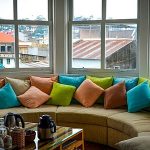





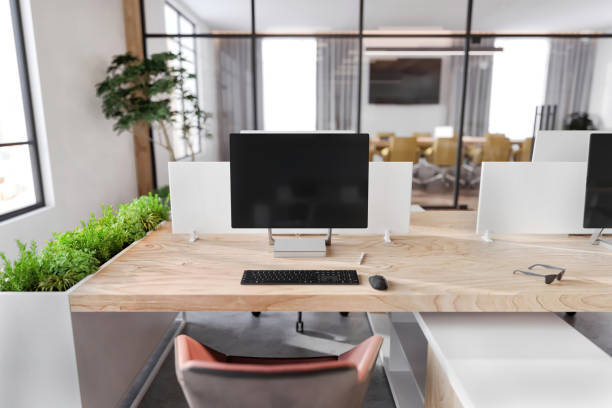
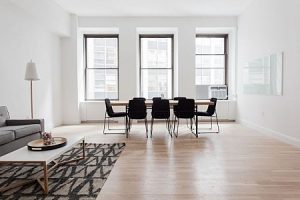
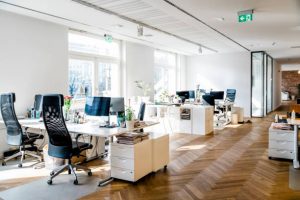
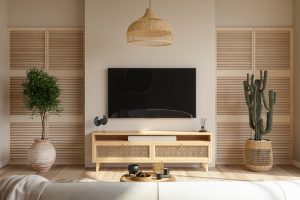
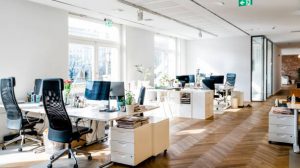



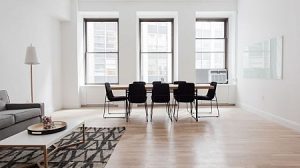
Add Comment